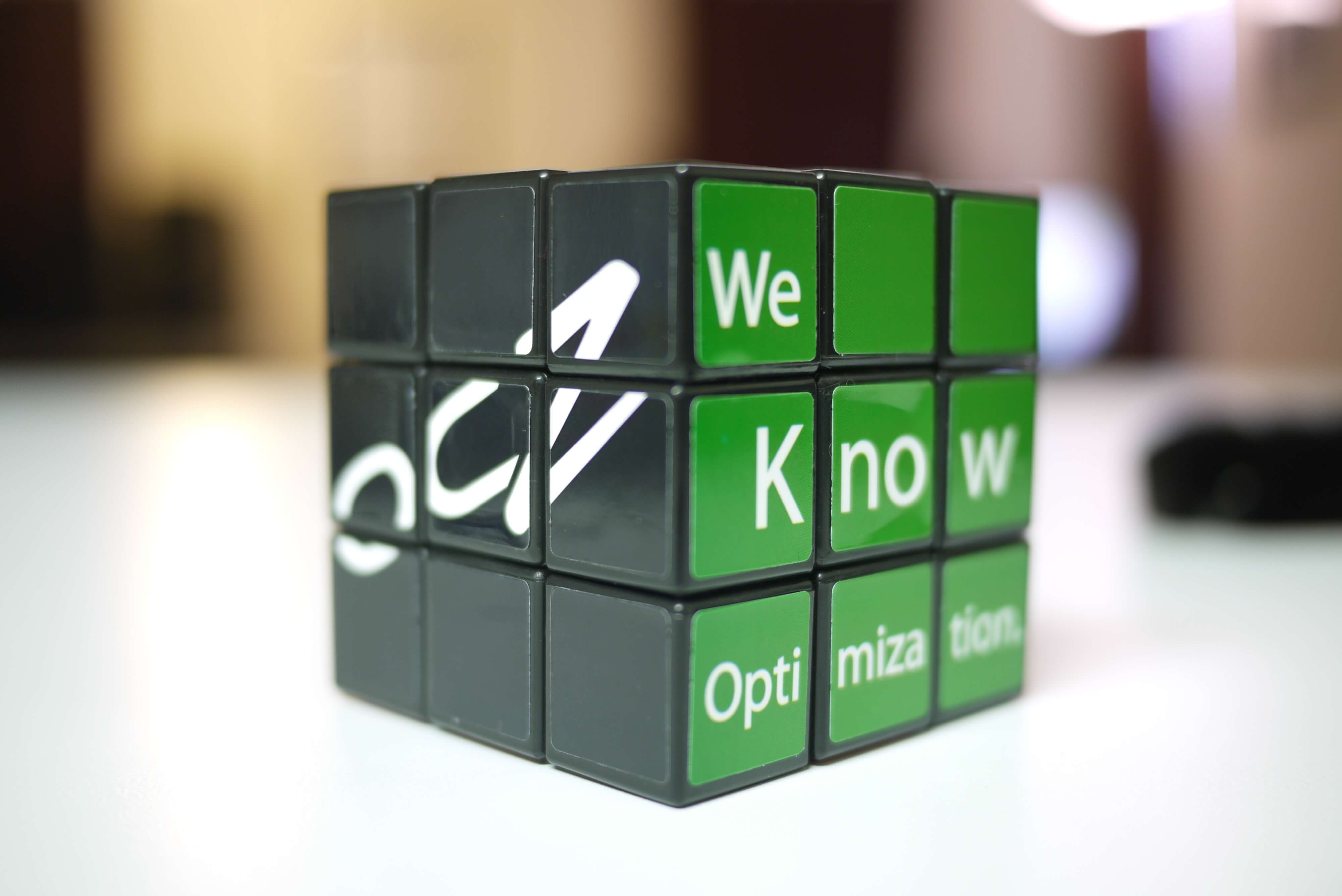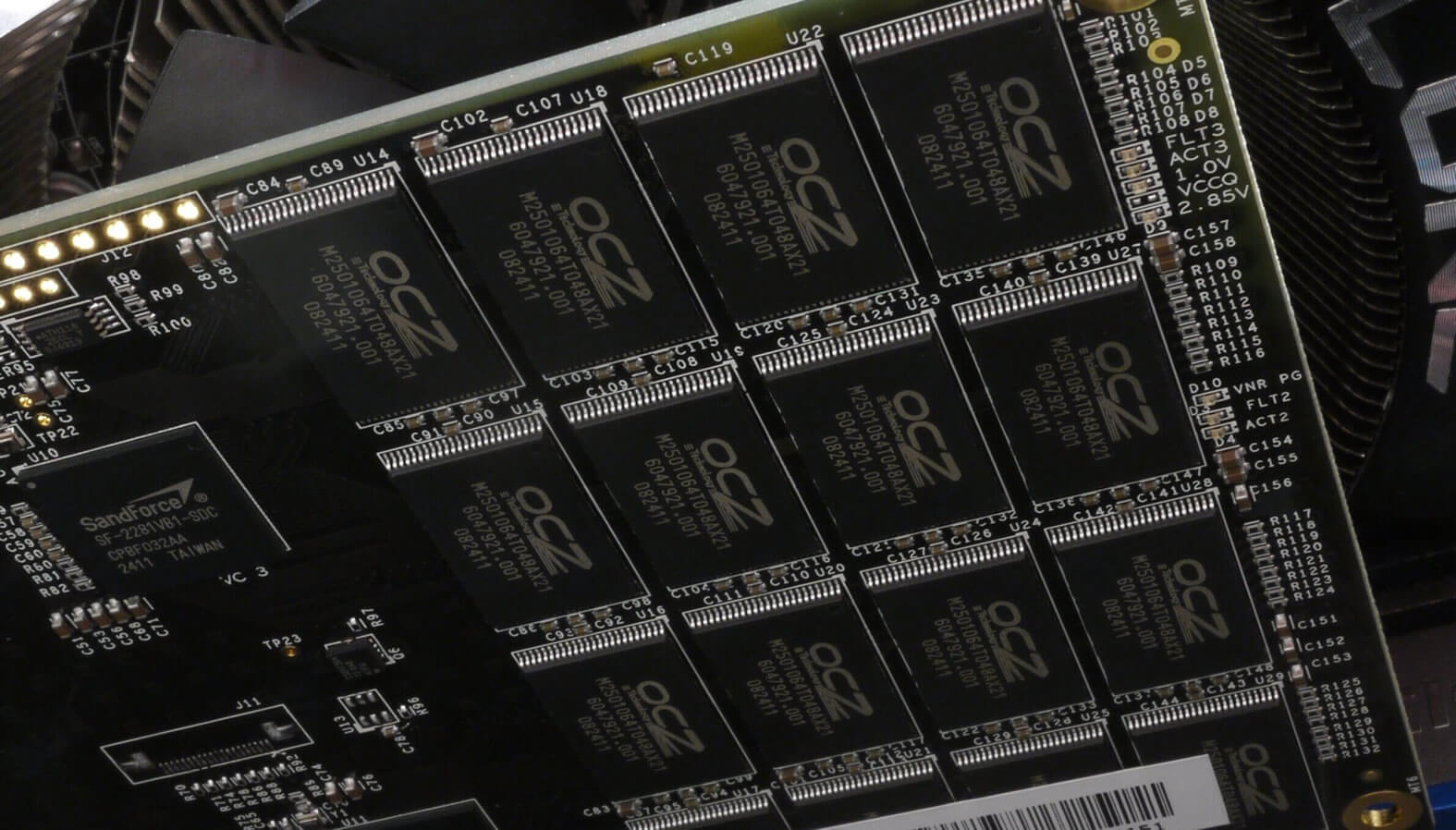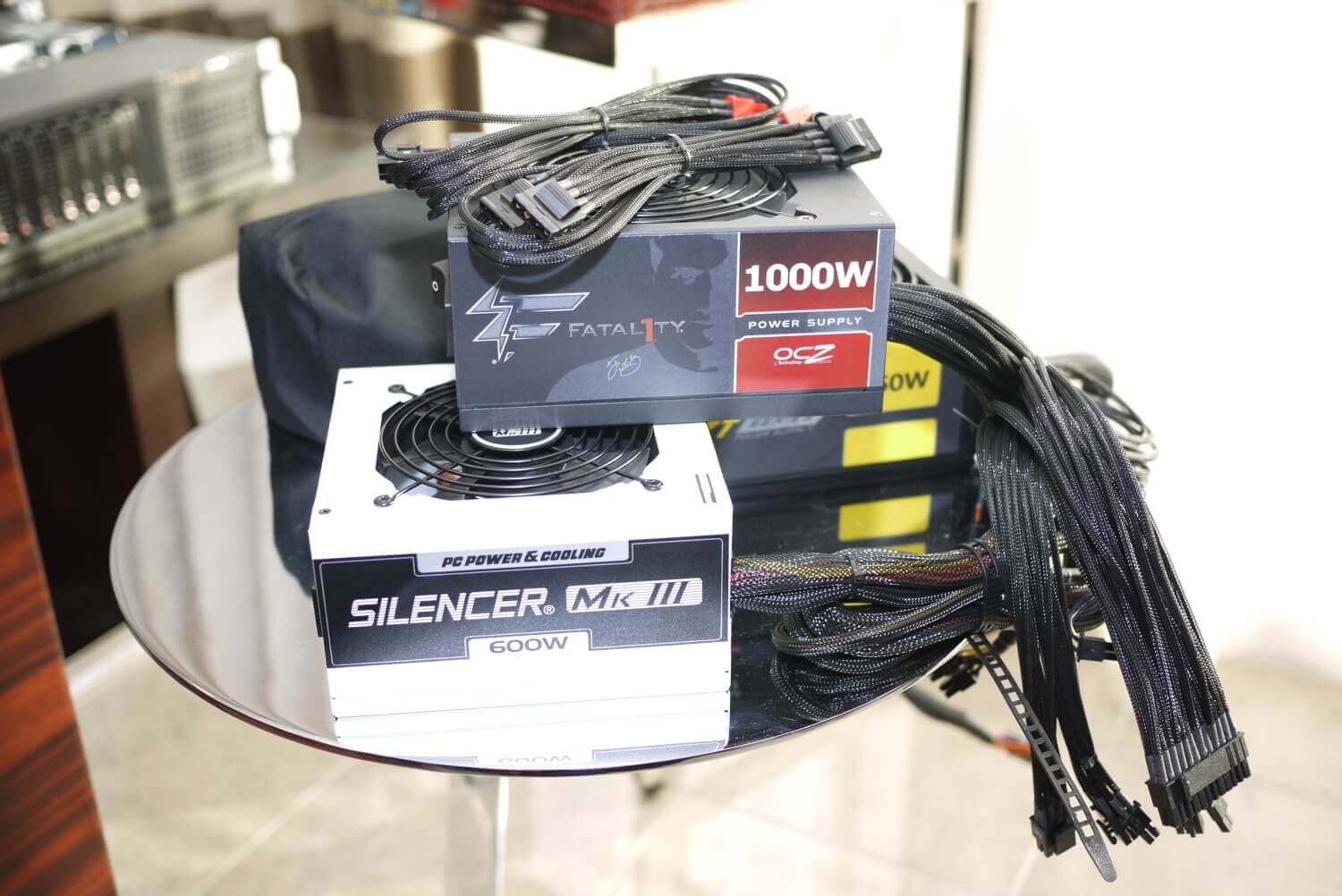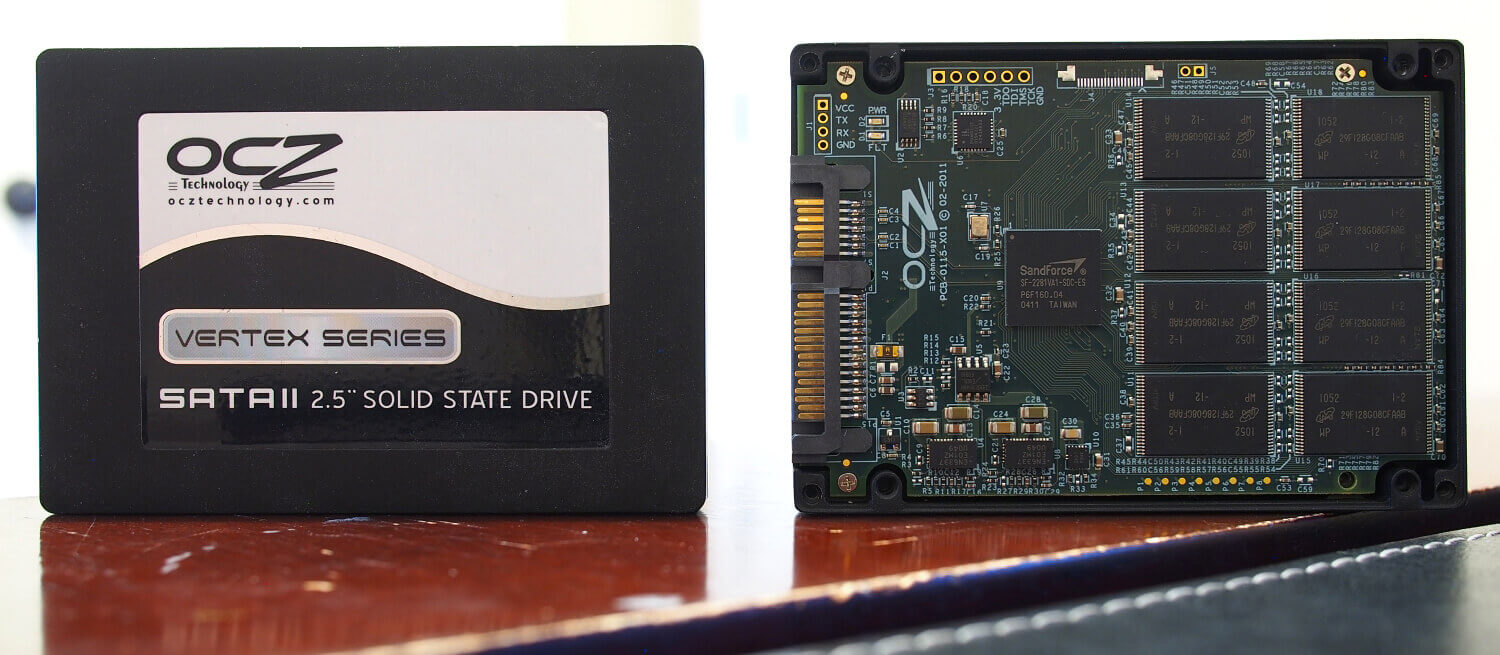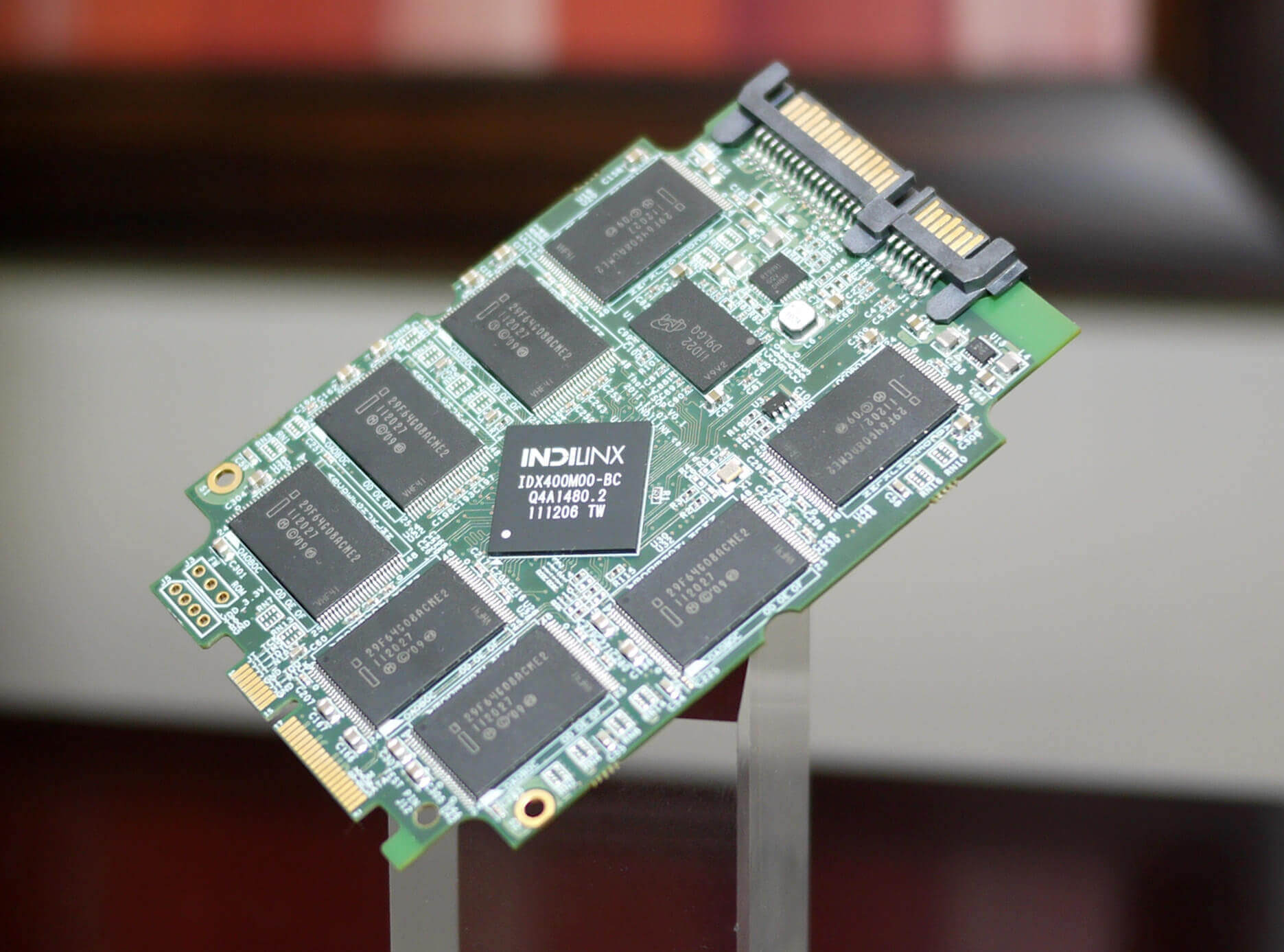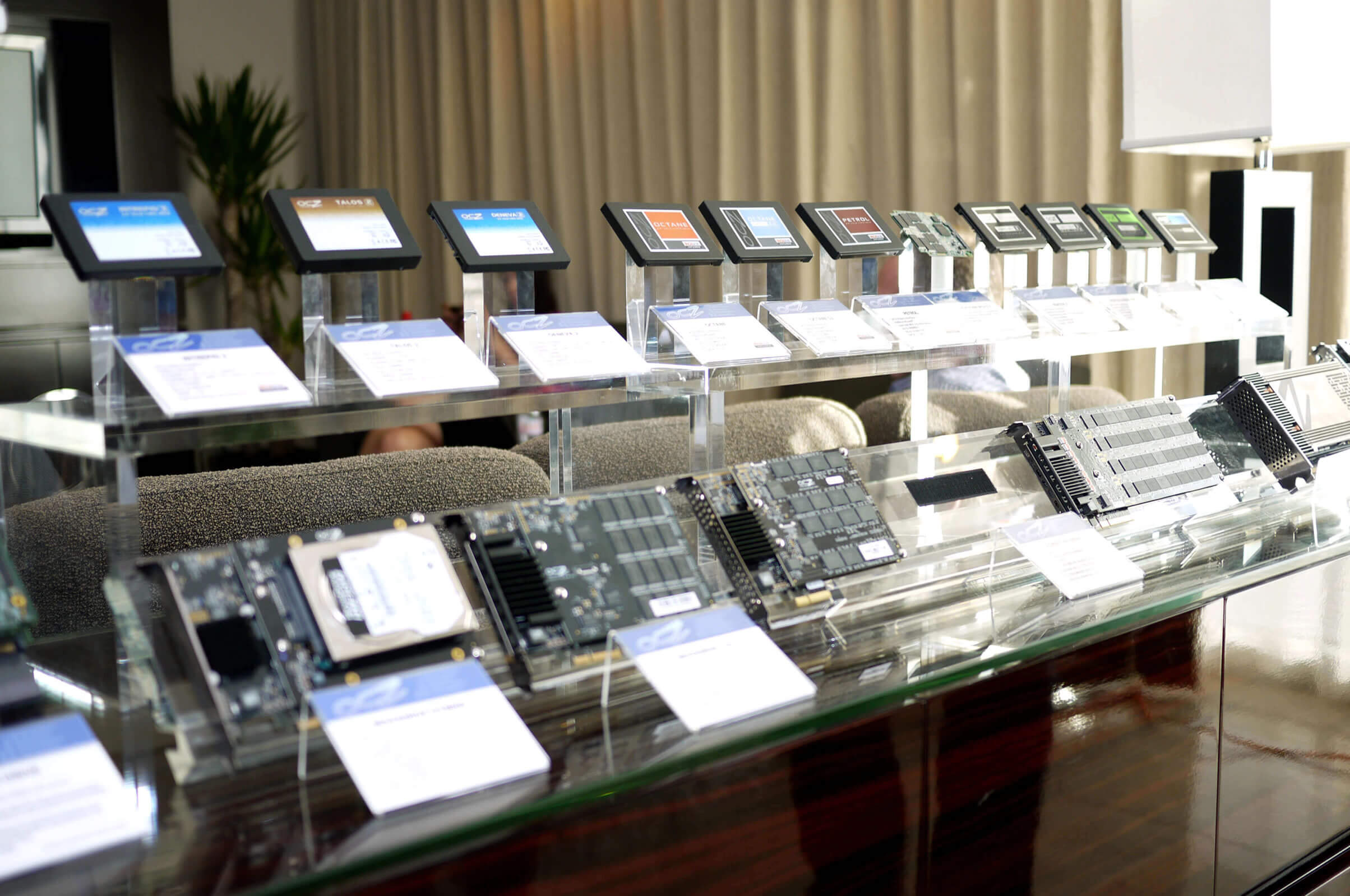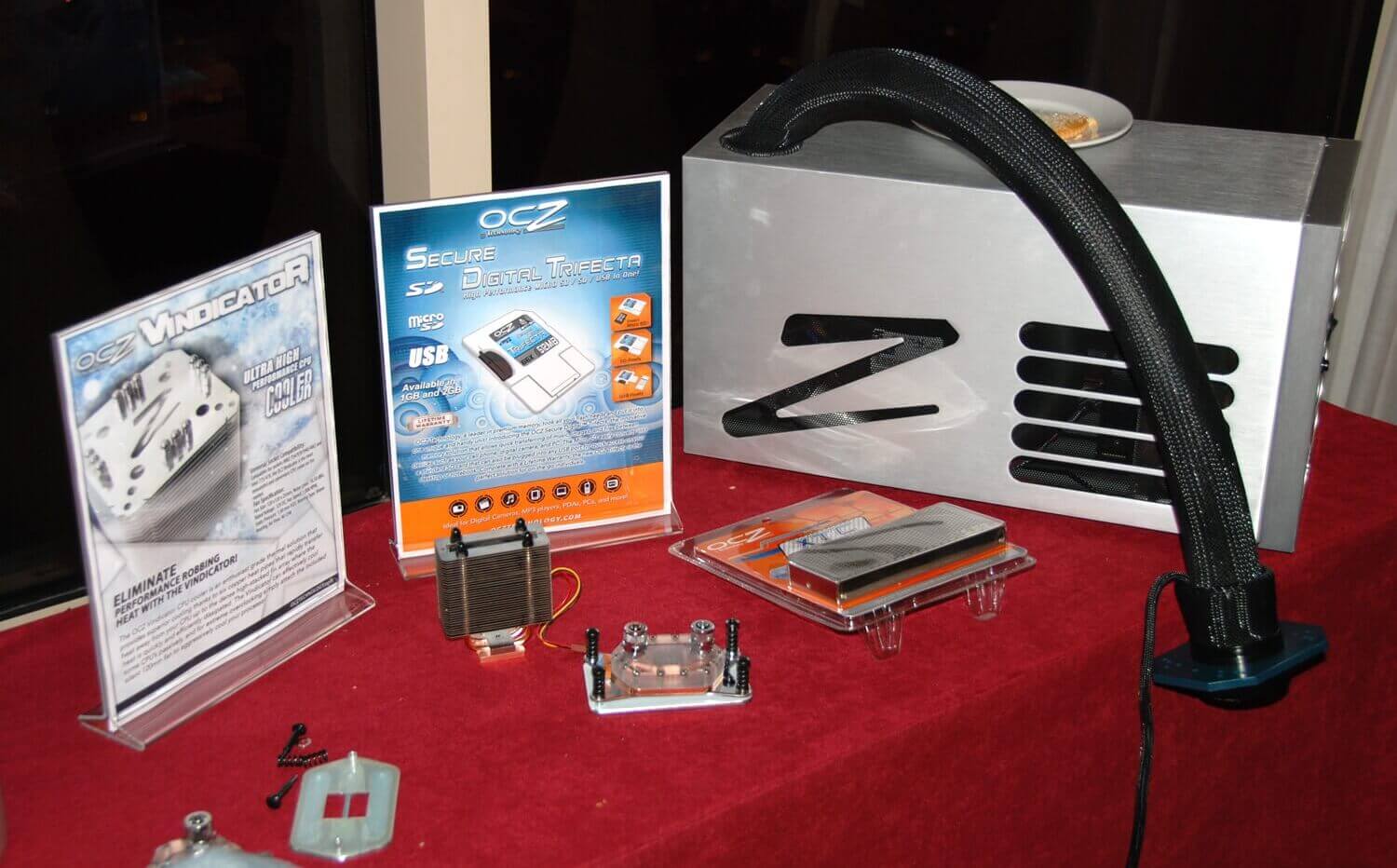OCZ Technology was founded in 2000 by Ryan Petersen as “The Overclockerz Store,” an online hardware reseller that catered to computer enthusiasts. The company started out selling binned processors and memory kits capable of running faster than their rated speeds – items which overclockers were willing to pay a premium for.
Eventually, Petersen parlayed the store’s success into a mainstream PC component business, which became OCZ Technology. The San Jose-based firm rapidly expanded into multiple categories, including branded video cards, keyboards, mice, and even explored more exotic offerings like the Cryo-Z phase change cooling system.
OCZ Technology RevoDrive 3 PCIe SSD
In 2007, OCZ shored up its power supply business by acquiring PC Power & Cooling, one of the most well-respected firms in the industry at the time.
A year later, OCZ partnered with Johnathan “Fatal1ty” Wendel to design a range of memory and power supplies for gamers. Most, however, will remember the company for its contributions and advancement of early solid-state drive technology.
Power supplies under the OCZ Technology banner on display at CES 2012
OCZ introduced its first 2.5-inch SATA II SSDs in March 2008. That was over a year before Microsoft released Windows 7, the first version of the operating system designed to work with solid state drives. The drives, offered in capacities of 32GB and 64GB, featured read and write speeds of up to 100MB/s and 80MB/s, respectively, and utilized no moving parts.
The latter made them a potentially attractive alternative for notebook and laptop enthusiasts concerned with mechanical hard drive failure.
A first-gen 30GB OCZ Vertex SSD alongside a 240GB Vertex 3 engineering sample
As is often the case with a new category of technology, there were a lot of wrinkles to iron out before marketing the tech to mainstream consumers.
Early examples didn’t deliver the blistering speeds that today’s drives are known for. In fact, performance could be quite inconsistent, especially if you didn’t use an alignment tool to specify the optimal drive offset when setting everything up. Then there were issues with garbage collection and concerns over flash memory endurance.
SSDs eventually found their way into the mainstream, you could argue in part due to OCZ’s contributions to push the technology forward.
An Indilinx controller on an OCZ Technology SSD PCB at CES 2012
The company continued to iterate and experiment with different controllers and firmware, going so far as to exit the DRAM market and acquire flash memory specialist Indilinx just a few months later.
Pricing remained a concern as flash memory was an order of magnitude more expensive than traditional spinning media, but the performance gains that were finally materializing started making the juice worth the squeeze. Once enthusiasts started making the jump, it wasn’t long before the rest of the industry followed suit.
OCZ released a plethora of SSDs over the next several years, each a bit more reliable and faster than before. We reviewed several of them. Higher-end devices like the RevoDrive further pushed the envelope, and the company even branched out into the enterprise space. In the end, however, it would all come crashing down.
Various OCZ Technology SSDs on display at CES 2012
In September 2012, founder and CEO Ryan Petersen resigned from the company. Accounting and other legal issues would plague the business over the next year and in late 2013, it was revealed that Toshiba had agreed to buy nearly all of OCZ’s assets for $35 million.
Toshiba said it would continue to run the business as a subsidiary called OCZ Storage Solutions. The Japanese tech giant did release some new OCZ-branded drives but ultimately, OCZ was dissolved and absorbed into Toshiba’s memory group, later named Kioxia.
OCZ Cryo-Z phase change cooler at CES 2007
OCZ had its fair share of issues over the years and wasn’t always the first choice among shoppers. But the outfit did have a hand in helping to make overclocking more mainstream and certainly pushed solid-state drives in the right direction.
Today, OCZ exists as “an SSD brand offered by Kioxia for the consumer market,” according to its website. The latest press release from the brand is dated January 8, 2018, for the RC100 NVMe SSD.
